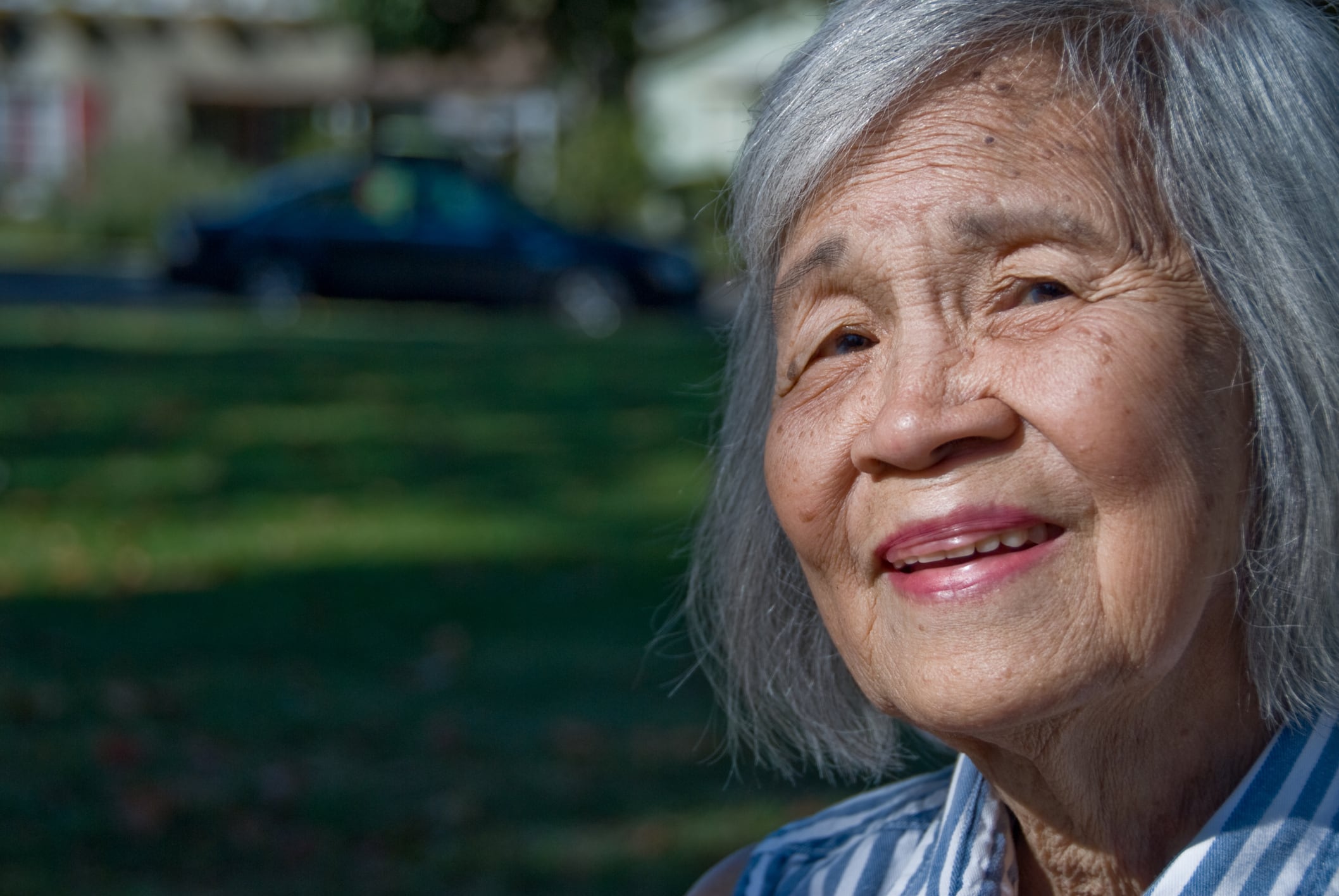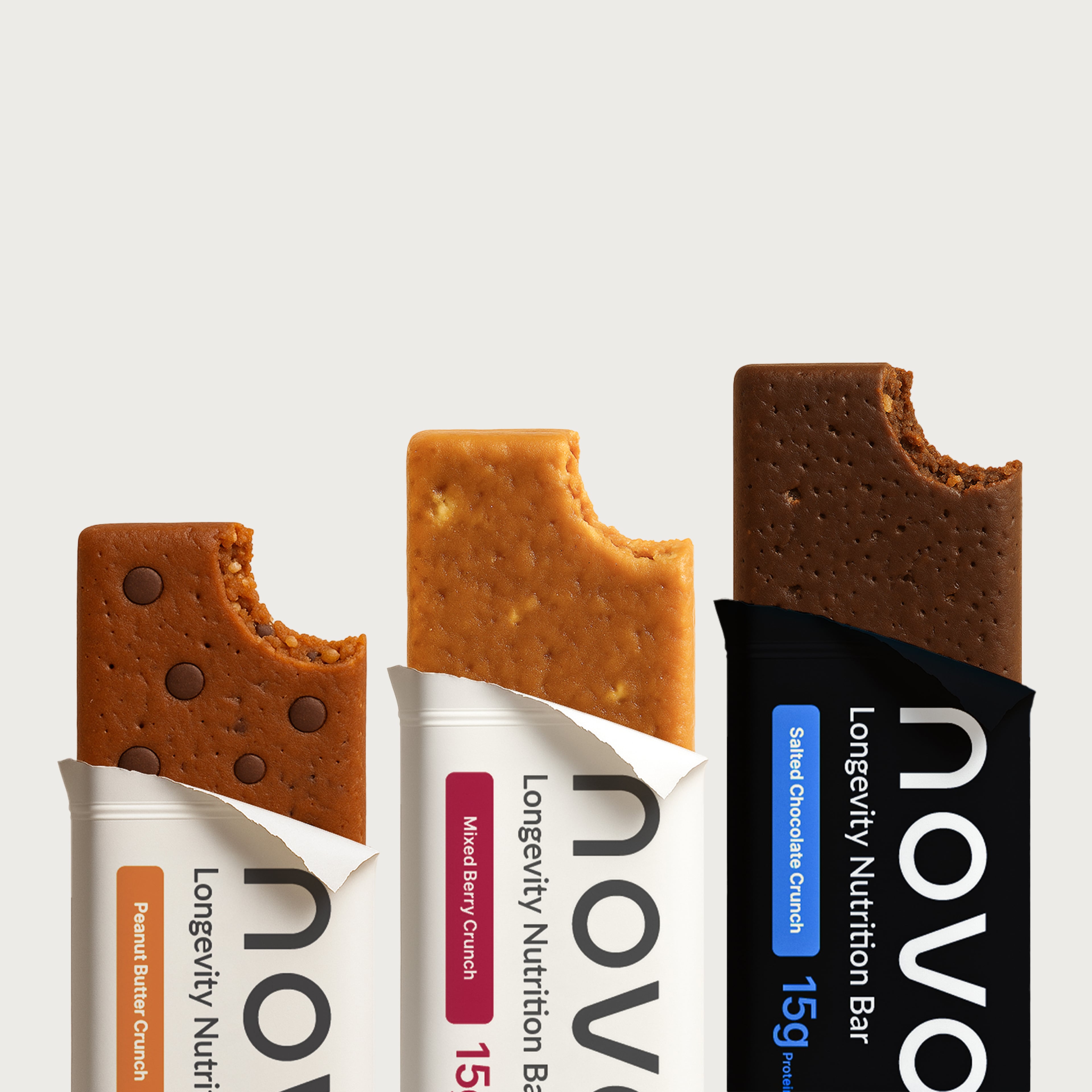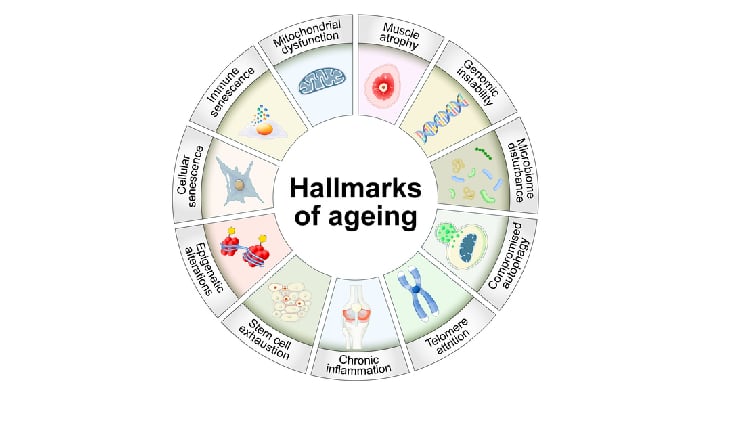The grant, totalling €250k (US$290k), will be given to five winning research proposals. Each proposal will receive a funding of €50k (US$58k) over a period of 18 months.
Applications to the grant are now open and closes on November 14. The grant award winners will be announced next April and a grand award event will take place next July.
The research proposals would need to examine the potential benefits of nutritional ingredients supplementations on helping people to age slower and age better through preclinical or clinical studies.
These nutritional ingredients could range from omega-3 fatty acids, polyphenols, vitamins, biotics and more.
Three key criteria
Speaking to NutraIngredients, Tina Low, Senior Vice President, APAC, dsm-firmenich Health, Nutrition & Care, said that the purpose of the research grant was to further the understanding of healthy longevity in the context of APAC.
This is especially important as much of the existing scientific literature on healthy longevity comes from the West.
“The proposal will need to address research gaps on nutrition and health topics among the region’s diverse populations, meaning it is research from APAC for APAC,” she said.
As such, one of the key selection criteria is that the researchers involved have to belong to an academic institution in APAC.
The second criteria is that the research proposal will have to target at least one out of the following four Hallmarks of Aging: 1) mitochondrial dysfunction, 2) chronic inflammation, 3) cellular senescence, and 4) dysbiosis.
There are 12 established Hallmarks of Aging recognized by the scientific community at the moment, and dsm-firmenich has said earlier that it would be focusing on the four aforementioned hallmarks when it comes to nutraceutical interventions and research.
Thirdly, the research proposal has to be well-defined and will need to demonstrate a contribution to existing scientific knowledge of healthy longevity through either pre-clinical or clinical studies.
“We are looking for agile, well-defined research proposals that examine the effects of different nutrients and bio-actives on aging.
“The projects would need to demonstrate that the proposal outcomes would increase scientific knowledge relevant to a particular health ingredient in supporting healthy longevity,” said Low.
For instance, preclinical studies will need to differentiate itself from the existing sea of preclinical research on healthy longevity with breakthrough findings.
This is because there is already a heavy focus on preclinical studies when it comes to healthy longevity research. As such, preclinical studies submitted for the grant would need to demonstrate new breakthrough findings.
For research proposals on clinical studies, the proposals will need to show prior evidence in non-APAC populations. This means that the purpose of granting such research is to validate the findings in APAC populations.
“Some of the interventions, or rather outcomes that we see in the Western populations could perhaps be replicated, and if we see it replicated, then this can be a validation of how close or how different we are from the Western populations, and this is what we mean by extending the science,” said Dr. Ek Kai Lin, Head of Scientific & External Affairs, APAC.
The judging panel will consist of both internal experts from dsm-firmenich and external key opinion leaders (KOLs) outside of the company.
Before submitting a full proposal, applicants can first submit a letter of intent on its investigation plans and objectives to dsm-firmenich. This would help the applicants know early on in their applications whether their research meets the basic criteria of the research grant.
Winning proposals that have shown research promising outcomes by the end of the 18 months would have the opportunity to further the research with dsm-firmenich and its customers - meaning consumer brand companies.
The focus on healthy longevity for the research grant is driven by a growing aging population and increased public interest.
“By 2050, a quarter of APAC’s population will be 60 years old. The dsm-firmenich Global Health Concerns 2025 report also shows that 59% of respondents in APAC are concerned about healthy aging and longevity.
“The combination of rapidly aging populations and growing interest from the public means that there is an urgent need for science-based nutrition interventions,” said Low, on reasons for choosing to focus on healthy longevity for the grant.
On the other hand, as dietary habits and lifestyle differ across cultures and populations, the research seeks to uncover how the APAC populations would respond to nutritional intervention for healthy longevity, instead of simply applying findings from the Western populations.
Second APAC nutrition research grant
This is the second APAC nutrition research grant program that dsm-firmenich has organized.
Last year, the company launched its inaugural APAC nutrition research grant, centred on the theme “Health from the Gut across the Human Lifespan”.
Similarly, five research projects were chosen and granted €50k each for 18 months.
These research projects ranged from randomized controlled trials to observational studies and preclinical studies.
A total of 28 applications from nine APAC countries were received last year. The judging panel last year consisted of subject-matter experts like Professor Sven Pettersson, director of ASEAN Microbiome Nutrition Center (AMNC), as well as experts from dsm-firmenich’s APAC and global units.
Dr. Ek said that there were plans for these five research projects to present their findings next July when the winners of the second APAC nutrition research grant were awarded.
There are also plans to invite leading experts in the field of healthy longevity to present their own research findings at the next year’s award ceremony.
The intention is to foster the exchange of scientific knowledge between researchers and companies.





